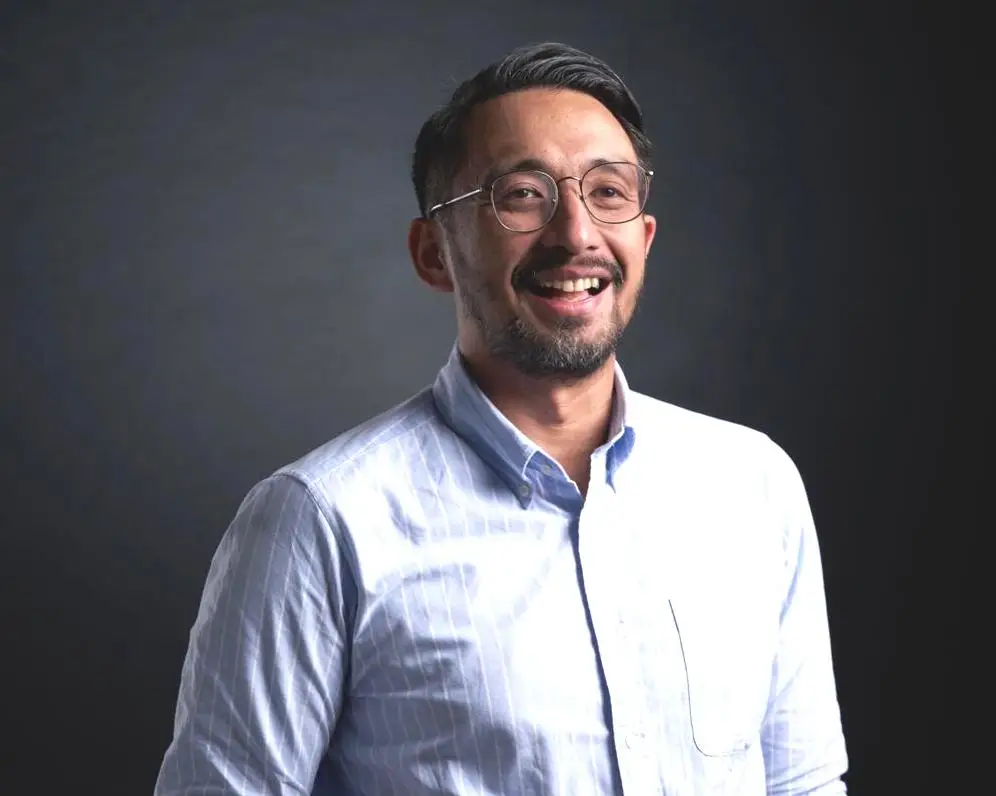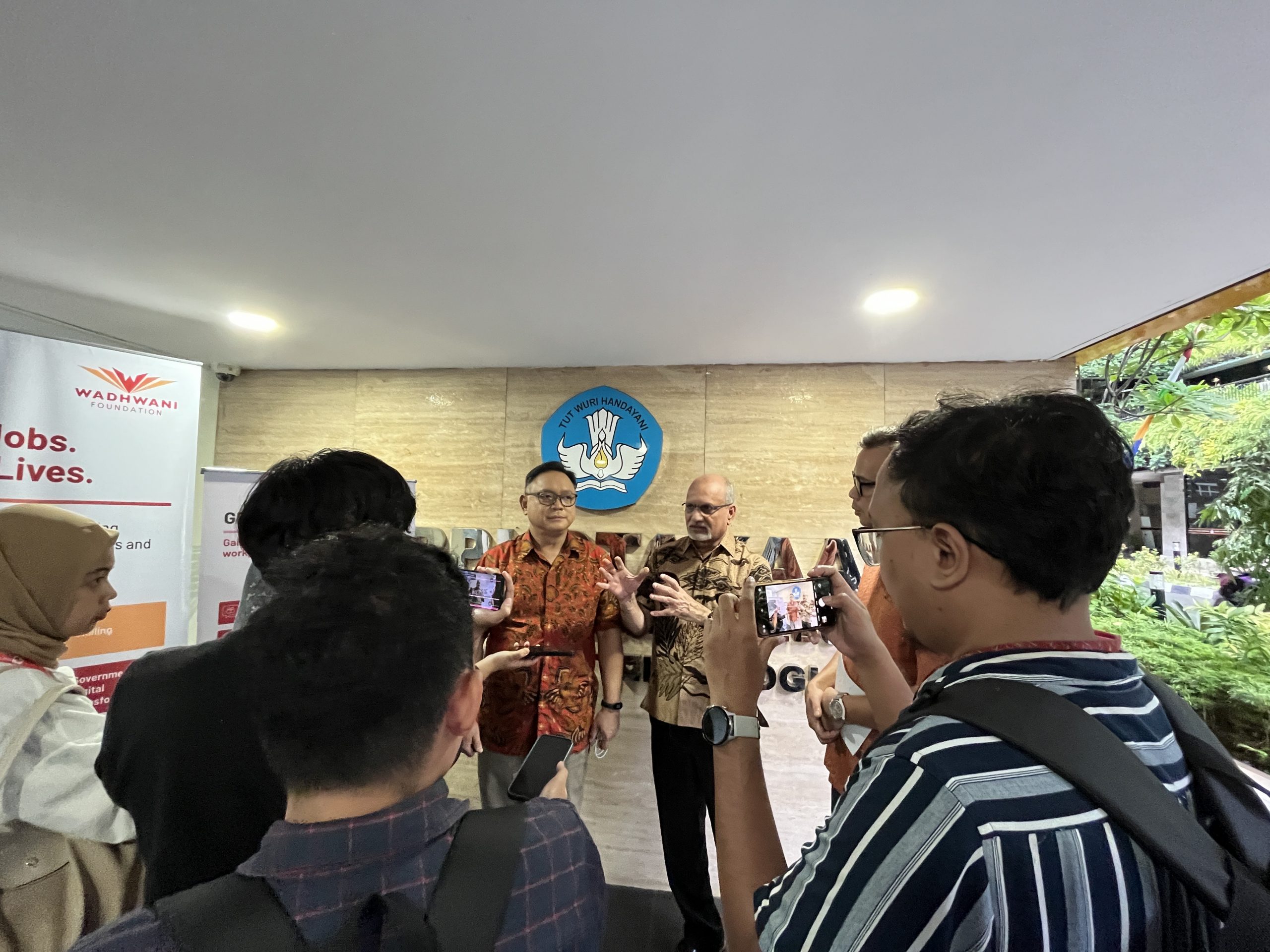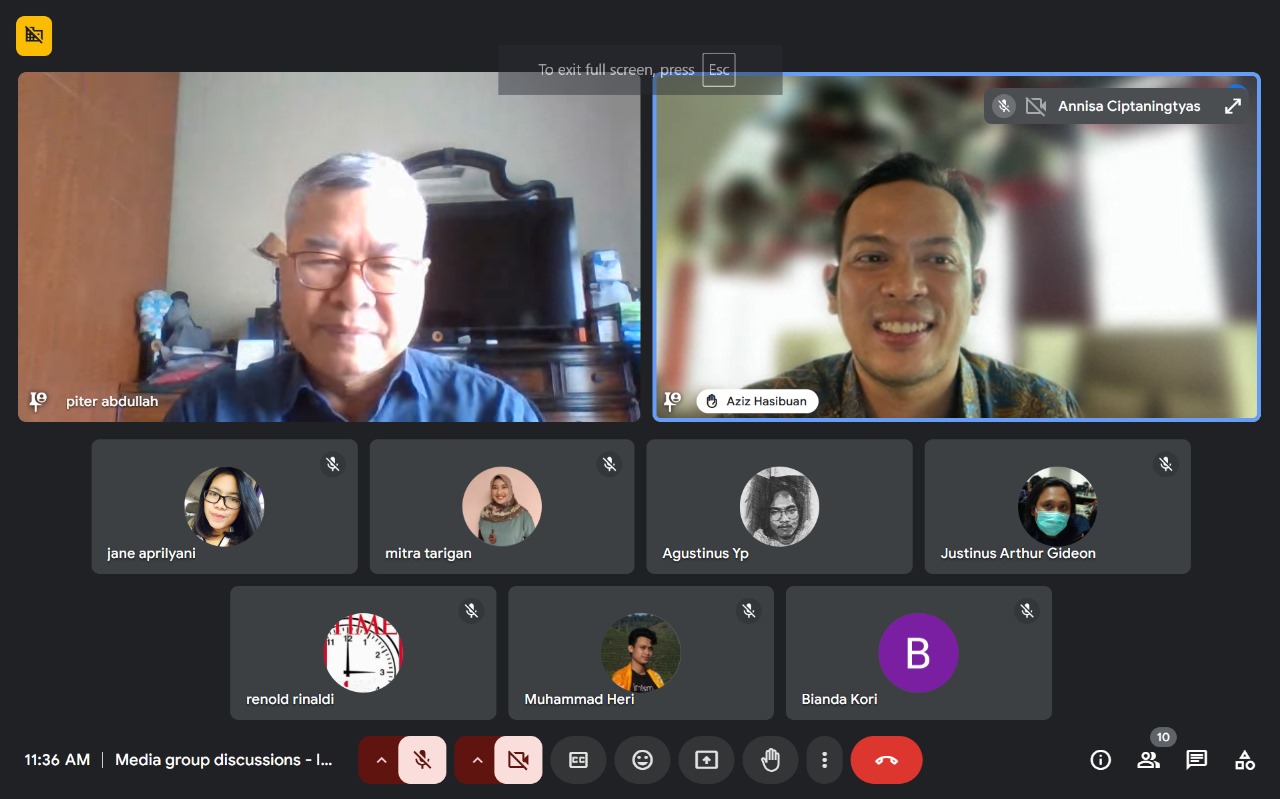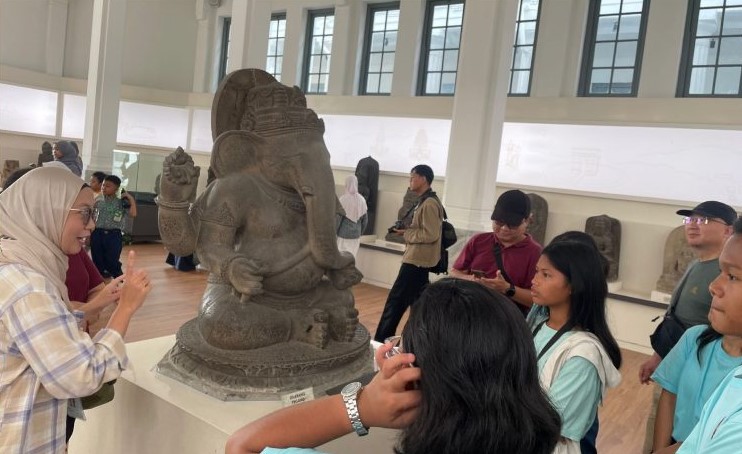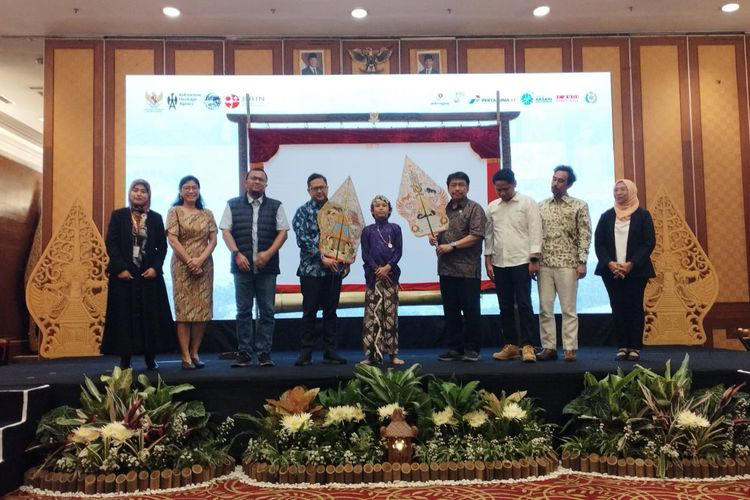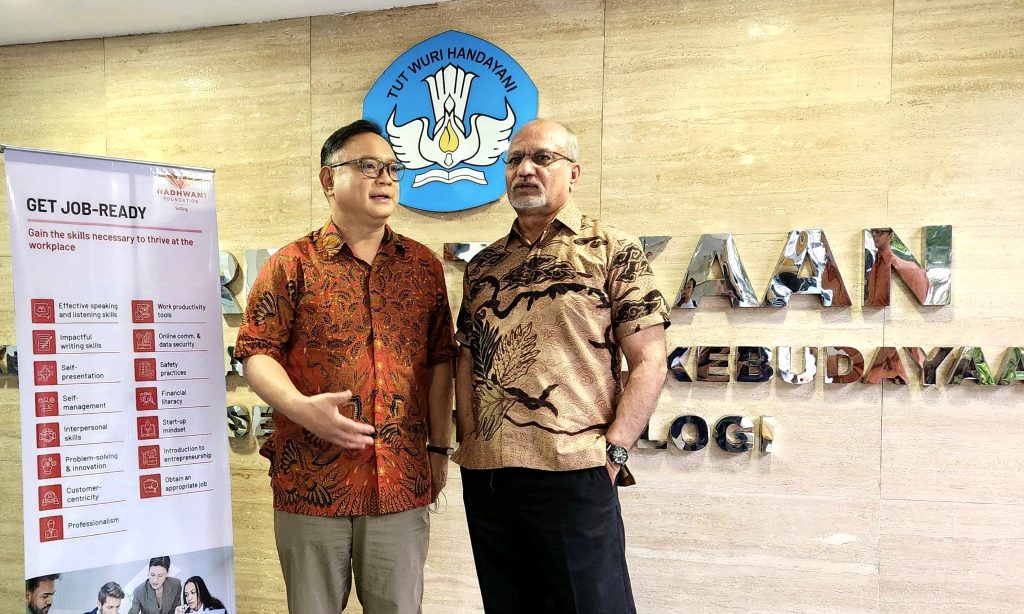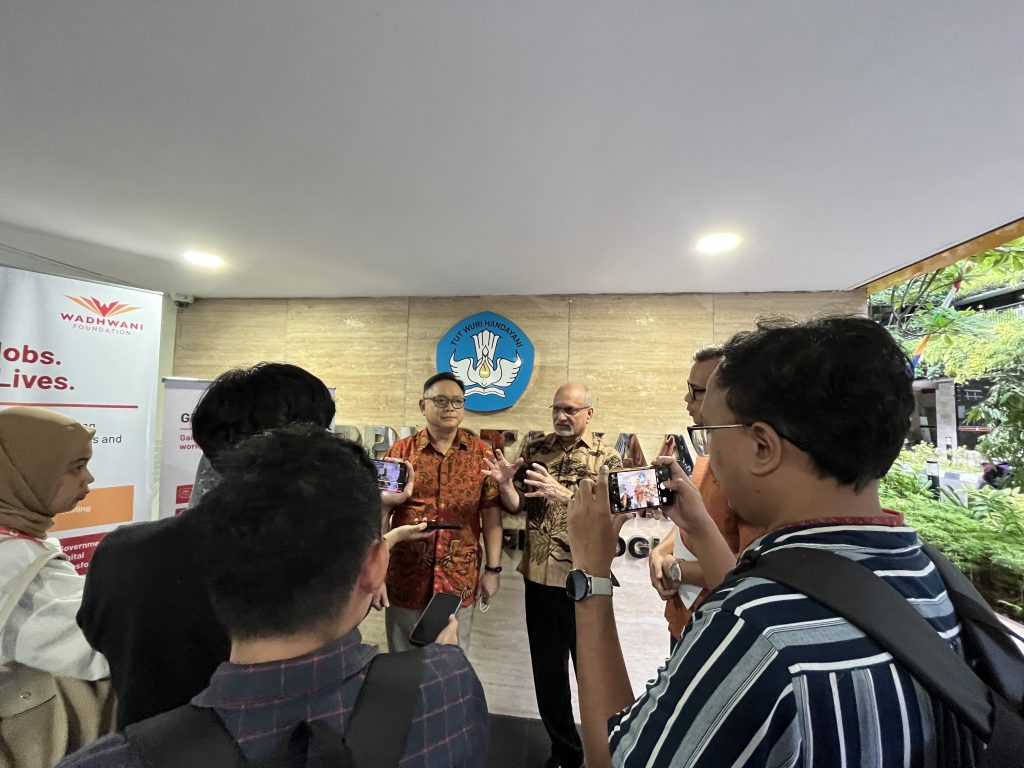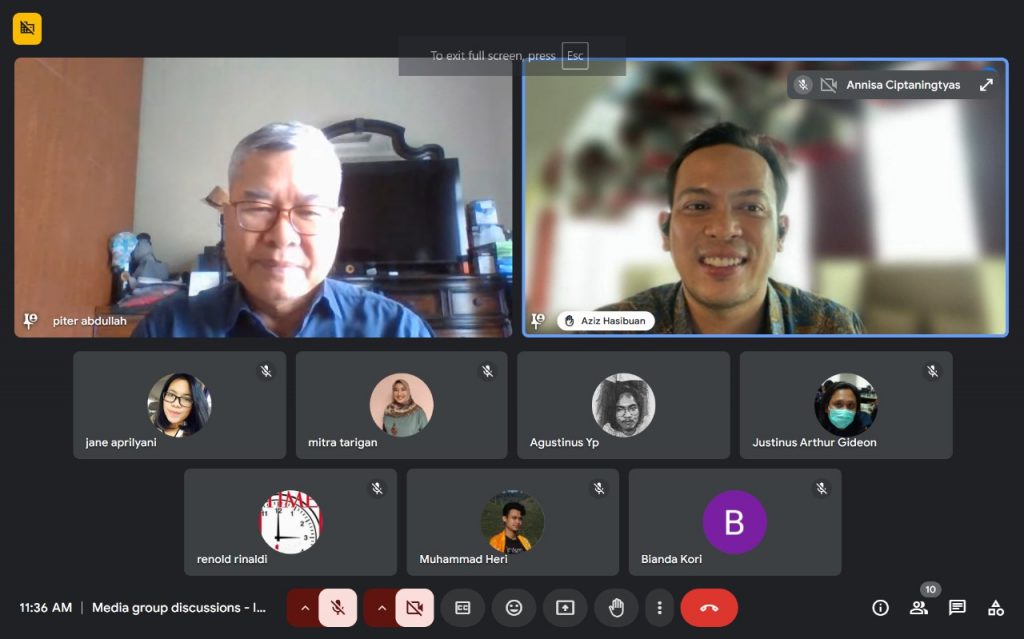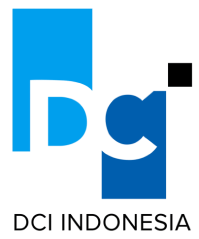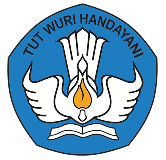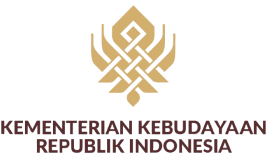In a matter of months, we will witness the vibrant political contest of the 2024 General Election approaching ever closer. The General Elections Commission (KPU) has announced a total of 204,807,222 registered voters. What is even more interesting is that Gen Z plays a major role as one of the largest voter groups, with 46,800,161 voters, representing 22.85% of the total final voter list (DPT). All of them are first-time voters.
Gen Z, those born in the digital era of the 1990s to the early 2000s, have transformed the way we interact with the world. They are a generation widely connected to the world, with unlimited access to information. The way they search for and consume information differs from previous generations.
The presence of smartphones, tablets, and other digital devices has been an integral part of Gen Z’s lives from an early age. Even before setting foot in elementary school, many of them were already adept at using technology. This makes them pioneers in utilizing technology to seek information.
However, the complexity of the relationship between young generations and social media presents its own challenges. Like most relationships among those aged 18–24, Gen Z’s connection with social media is often complicated.
Findings from a recent global survey by the McKinsey Health Institute (MHI) in 2022 provide deeper insights into Gen Z’s mental health. More than 42,000 respondents from 26 countries, including Indonesia, participated in this survey.
MHI analyzed generational and national differences, focusing on mental, physical, social, and spiritual health dimensions. The results showed that Gen Z often experiences negative emotions related to social media use. They also report higher levels of mental, social, and spiritual health issues compared to other generations in Indonesia.
In Indonesia, 21% of Gen Z respondents feel their mental health is poor. This figure is significantly higher than millennials, at only 9%. Meanwhile, Gen X and baby boomers report even lower percentages, at just 2%.
The Importance of Critical Thinking
These statistics reflect a reality where more than 75% of respondents across all age groups spend at least ten minutes daily on social media. Research on teenage social media use has shown that the more time spent in front of screens, the more psychological well-being is affected.
Given this increasingly complex landscape, it is crucial for young people and society in general to be smart in filtering the news they consume. Most political content is produced by various parties with their own interests, making it difficult to distinguish genuinely “organic” content.
Data from the AIS Team of the Directorate General of Informatics Applications at the Ministry of Communication and Information Technology revealed that from August 2018 to May 2023, 11,642 hoax contents were identified. These hoaxes spread across various categories, including health, government, fraud, and politics. This is a serious threat that must be addressed.
In a political world often filled with hoaxes and disinformation, positive narratives play a crucial role in fostering hope and optimism among voters. When candidates present compelling visions and positive solutions to societal issues, they can inspire voters to actively engage in the democratic process. Positive stories also help reduce polarization and negative rhetoric that frequently accompany political campaigns
Media Commitment
However, finding honest and fact-based positive narratives is not an easy task, especially when fake news spreads rapidly on social media. Candidates and campaign teams must invest in thorough research and transparent communication to build compelling narratives.
Truth is often a casualty in political campaigns filled with hoaxes and disinformation. To tackle this challenge, society, the media, and the government must work together. Strong media literacy education is essential to help people recognize hoaxes and fake news.
The media must commit to upholding journalism with integrity and involving credible sources in its reporting. The government also plays a role in regulating and monitoring the digital space to curb the spread of fake news while maintaining a balance to protect freedom of speech.
In modern political campaigns, positive narratives are key to building a strong democracy. However, we must also acknowledge the difficulty of seeking truth amid the turbulence of fake news. Through better media literacy, quality journalism, and collective efforts, we can help strengthen democracy and ensure that fact-based positive stories dominate our political discourse.
Hopefully, this opinion sheds light on the importance of positive narratives and the complexities of seeking truth in an election season filled with misinformation.
